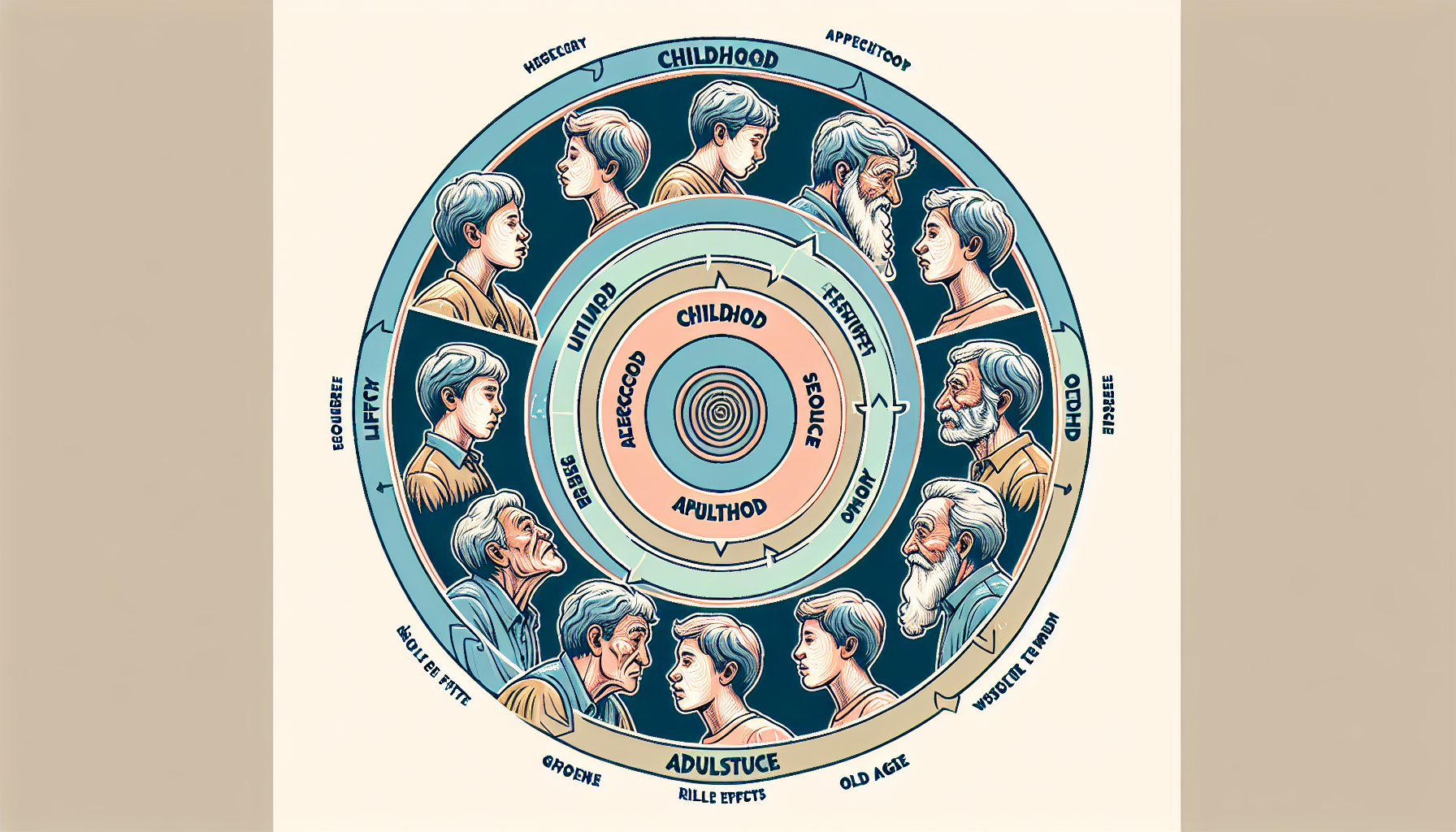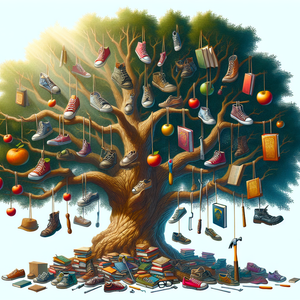The Underdog Effect in Sports: How Brock Purdy's Journey Mirrors Other Great Comebacks

Brock Purdy's journey epitomizes the classic underdog tale. Drafted in 2022 as 'Mr. Irrelevant,' the final pick in the NFL Draft, Purdy entered a league brimming with celebrated quarterbacks, carrying with him the weight of skepticism and doubt. His initial role was as a backup, but circumstances soon propelled him into the starting position, where he defied expectations by leading his team with poise and skill. His performances brought not only victories but also a renewed sense of hope to the 49ers and their fanbase. Purdy's story resonates with other legendary underdog athletes. For instance, Kurt Warner's transition from a grocery store clerk to a Super Bowl MVP is a tale of resilience that inspires many. Similarly, Jeremy Lin's meteoric rise during the 'Linsanity' period in the NBA showcased how hard work and determination can turn the tide against all odds. What unites these narratives is the unwavering belief in their abilities, even when the world around them doubts their potential.
Psychological Factors Behind the Underdog Effect
The psychology of the underdog effect reveals that being underestimated can serve as a powerful catalyst for success. Research suggests that individuals labeled as underdogs often experience heightened motivation and determination, driven by a desire to prove critics wrong. For Purdy, being dubbed 'Mr. Irrelevant' initially seemed daunting, but it ultimately became a source of motivation. Instead of succumbing to pressure, he thrived, showcasing his talent and resilience on the field. Team dynamics also play a critical role in the success of underdogs. Purdy’s ability to connect with his teammates and build a rapport fostered an environment conducive to success. The trust and camaraderie established among players are vital for any athlete, especially those who face skepticism. This mirrors the experiences of other underdog athletes, whose journeys often involve strong support systems that bolster their resolve.
Cultural Impact and Fan Engagement
The cultural significance of underdog stories extends far beyond the athletes themselves; they resonate deeply with fans and communities. Brock Purdy's rise has invigorated the 49ers fan base, creating a narrative that challenges conventional notions of success and excellence. The underdog story serves as a vehicle for inspiration, encouraging individuals who may feel marginalized or underestimated to pursue their goals relentlessly. Media coverage plays a pivotal role in shaping these narratives. The way Purdy's journey has been portrayed—highlighting his achievements on the field as well as his character off it—has endeared him to fans. This authenticity and relatability amplify the underdog narrative, making it more than just a sports story; it becomes a cultural phenomenon that resonates with broader societal themes of resilience and triumph.
Brock Purdy's remarkable journey from the last pick in the NFL Draft to a formidable starting quarterback epitomizes the enduring appeal of the underdog narrative in sports. His story, along with those of other iconic athletes, underscores the power of resilience, hard work, and the importance of support systems in overcoming adversity. As fans rally behind these inspiring tales, they remind us that greatness can emerge from the most unexpected places, encouraging future generations to chase their dreams against all odds. The underdog effect not only enriches the sports landscape but also reflects the universal human experience of striving for success amid challenges and uncertainties.
Sports Psychologist
Professional sports teams, universities, and sports academies
Core Responsibilities
Provide mental skills training and counseling to athletes, helping them manage pressure and enhance performance.
Conduct assessments to identify athletes' psychological strengths and weaknesses.
Develop and implement tailored mental training programs to improve focus, motivation, and resilience.
Required Skills
Advanced degree in psychology with a focus on sports psychology or a related field.
Strong understanding of performance anxiety, motivation theories, and team dynamics.
Excellent communication and interpersonal skills to build rapport with athletes.
Athletic Trainer
Colleges, professional sports teams, and recreational sports organizations
Core Responsibilities
Assess and treat sports-related injuries, providing immediate care and rehabilitation programs.
Develop injury prevention strategies and educate athletes on proper techniques and fitness.
Collaborate with coaches and medical professionals to ensure athletes' health and well-being.
Required Skills
Bachelor's or Master's degree in athletic training, physical education, or related fields.
Certification from the Board of Certification for the Athletic Trainer (BOC).
Strong problem-solving skills and ability to work in high-pressure environments.
Sports Marketing Specialist
Sports franchises, marketing agencies, and event management companies
Core Responsibilities
Create and execute marketing campaigns that enhance the visibility of sporting events or teams.
Analyze market trends and fan demographics to inform marketing strategies.
Collaborate with athletes and brand representatives to promote products and events.
Required Skills
Bachelor’s degree in marketing, sports management, or a related field.
Proficiency in data analysis tools and social media platforms.
Creative thinking and strong communication skills to engage diverse audiences.
Sports Data Analyst
Sports teams, analytics firms, and sports media outlets
Core Responsibilities
Collect and analyze performance data of athletes and teams to inform strategic decisions.
Develop models to predict outcomes and assess the effectiveness of training programs.
Prepare reports and presentations to communicate findings to coaches and management.
Required Skills
Strong analytical skills with proficiency in statistical software (e.g., R, Python).
Knowledge of sports dynamics and metrics relevant to performance evaluation.
Experience in data visualization and presentation techniques.
Team Coordinator for Community Engagement
Professional sports teams, non-profit organizations, and community recreation departments
Core Responsibilities
Develop and implement community outreach programs that promote sports participation and wellness.
Coordinate events and activities that connect the team with local communities.
Foster relationships with schools, nonprofits, and local organizations to enhance community ties.
Required Skills
Bachelor’s degree in sports management, communications, or a related field.
Strong organizational and project management skills.
Excellent networking and public speaking abilities to engage diverse audiences.


